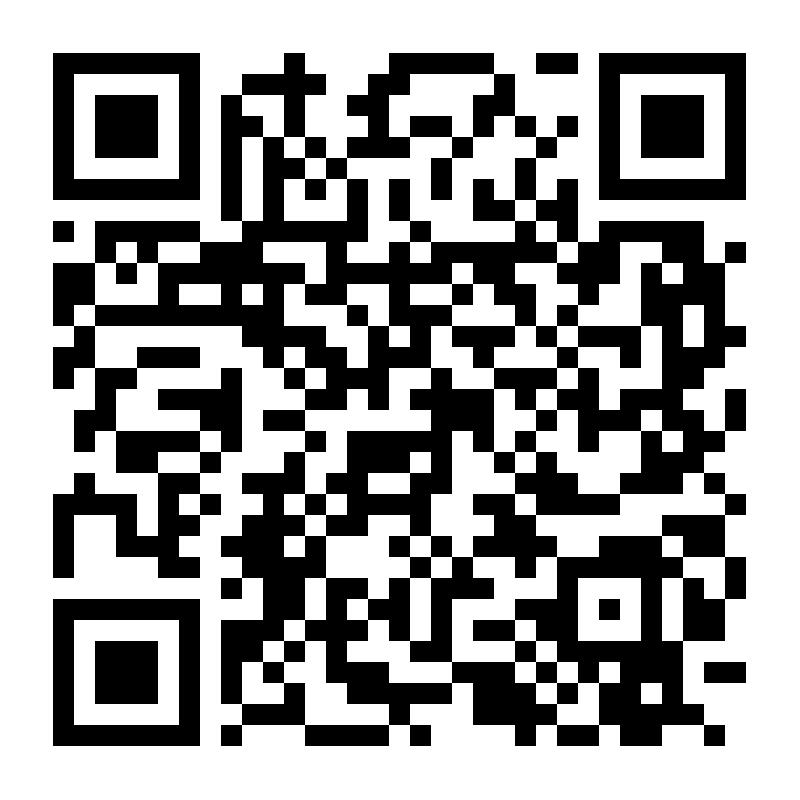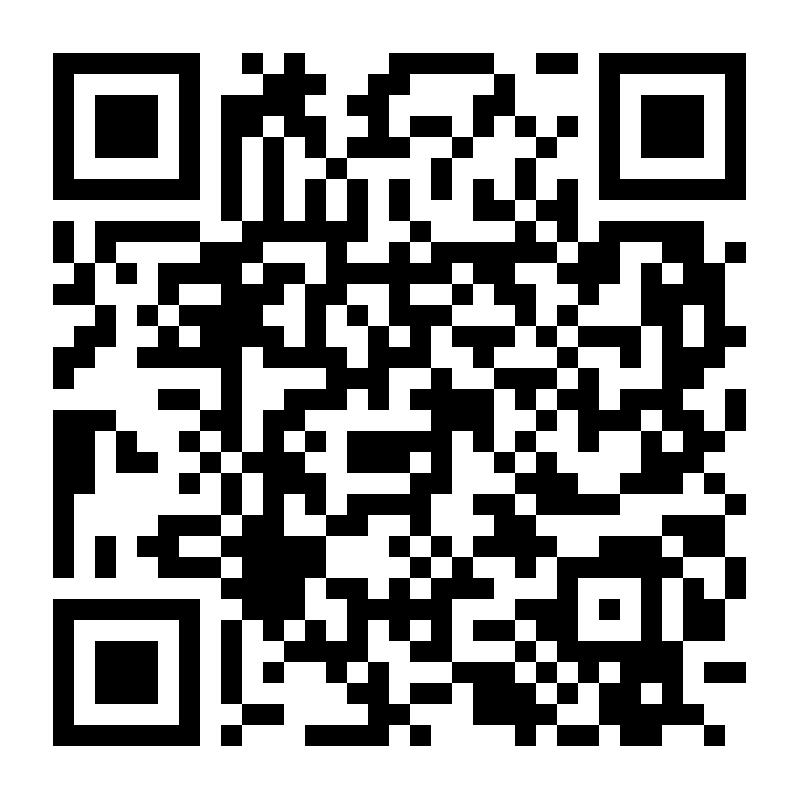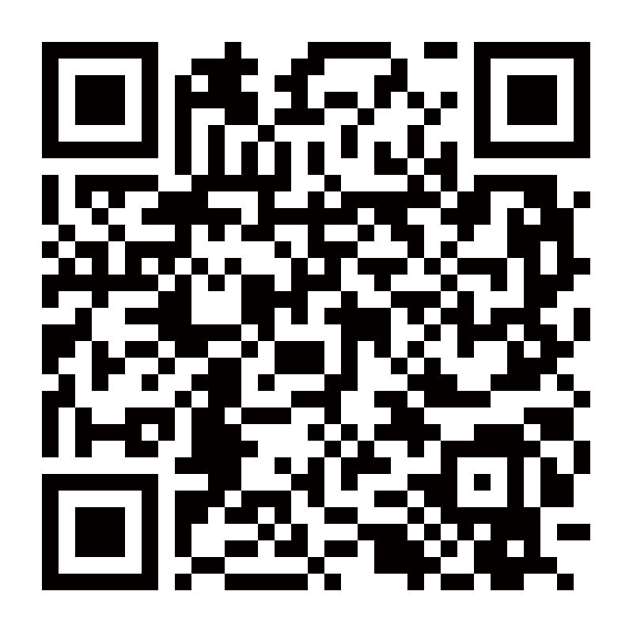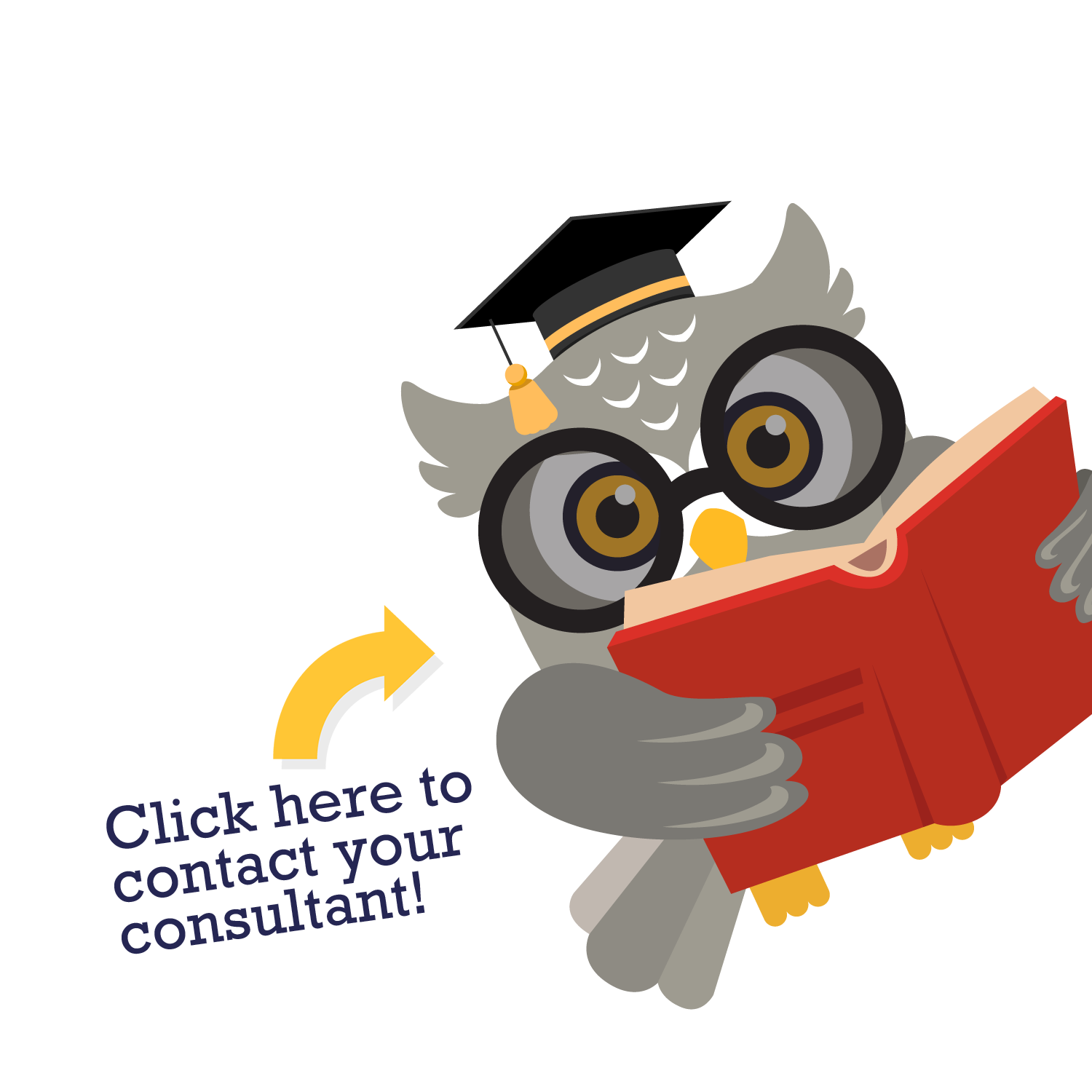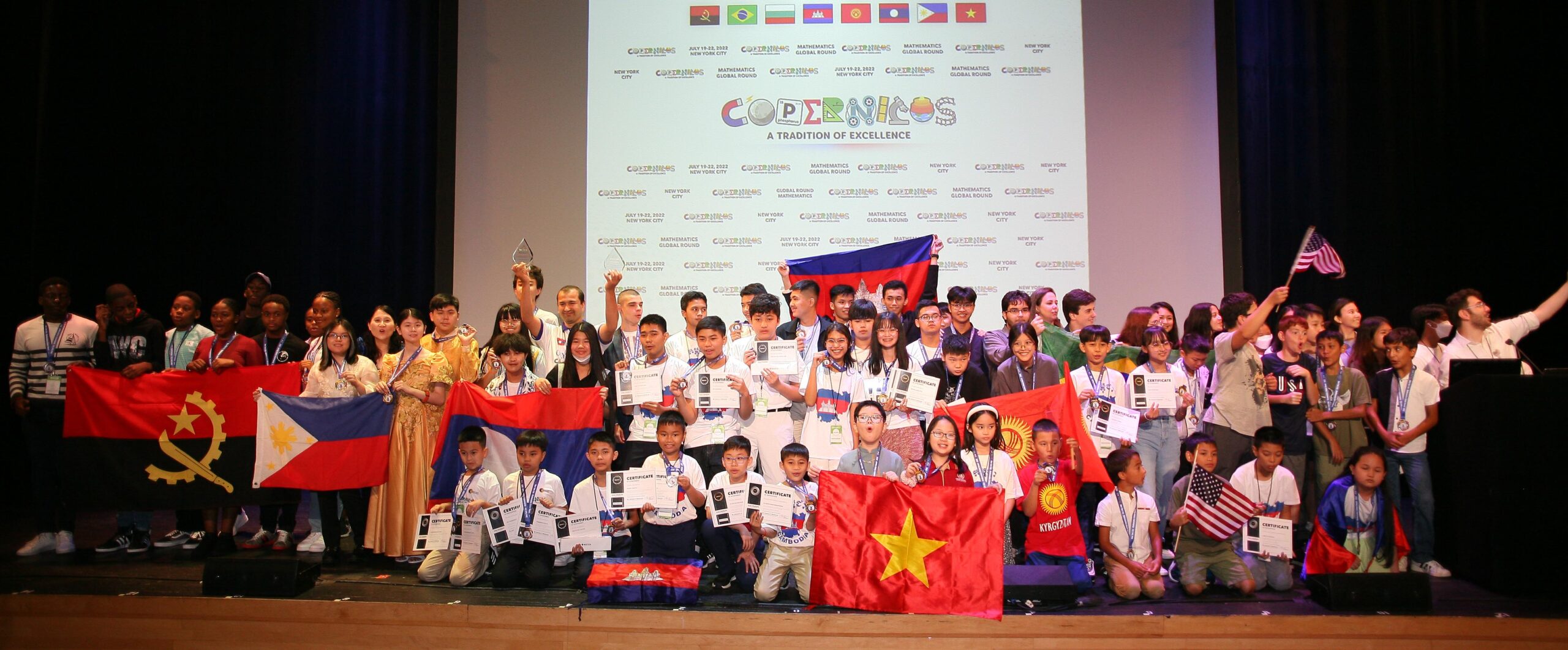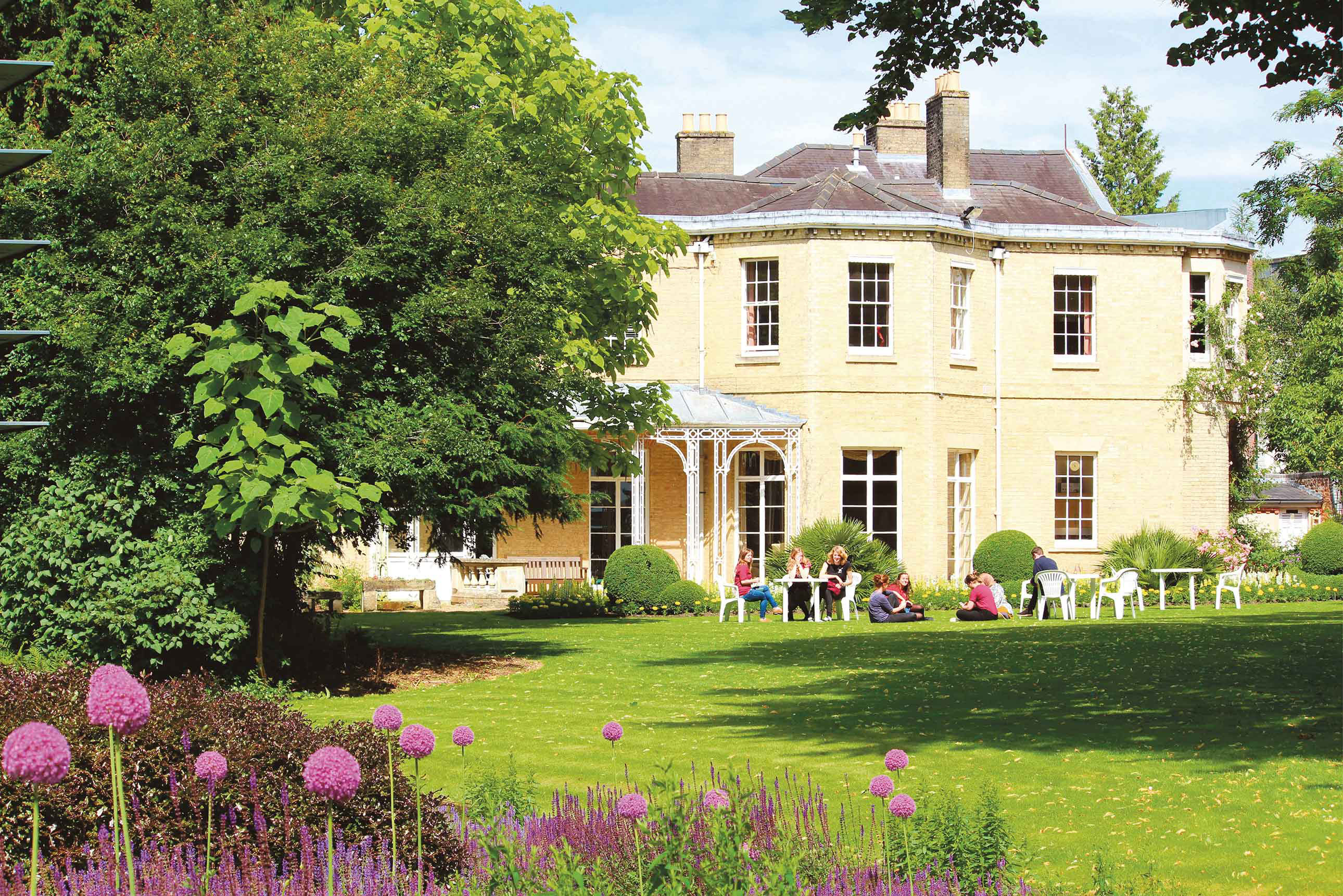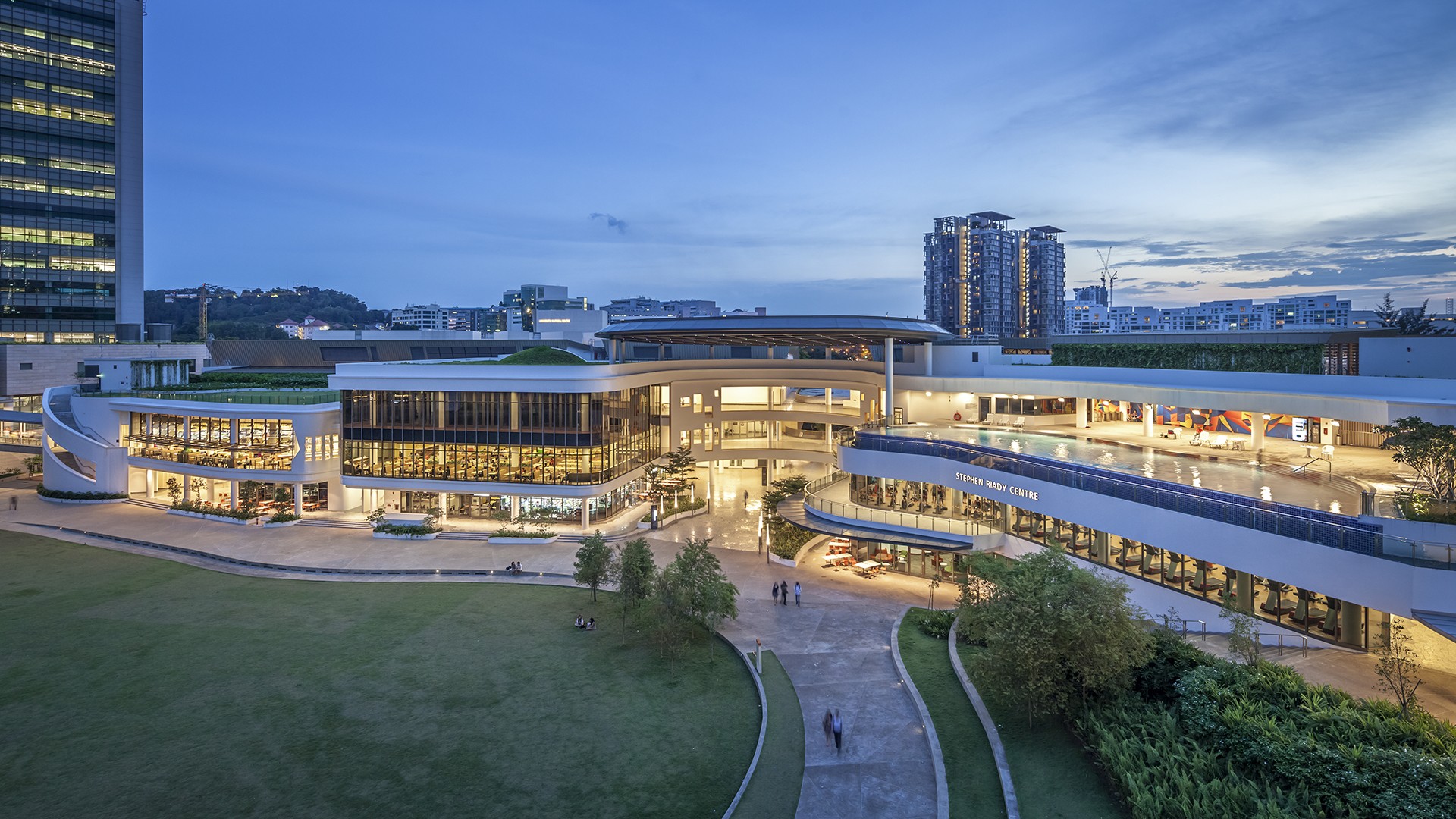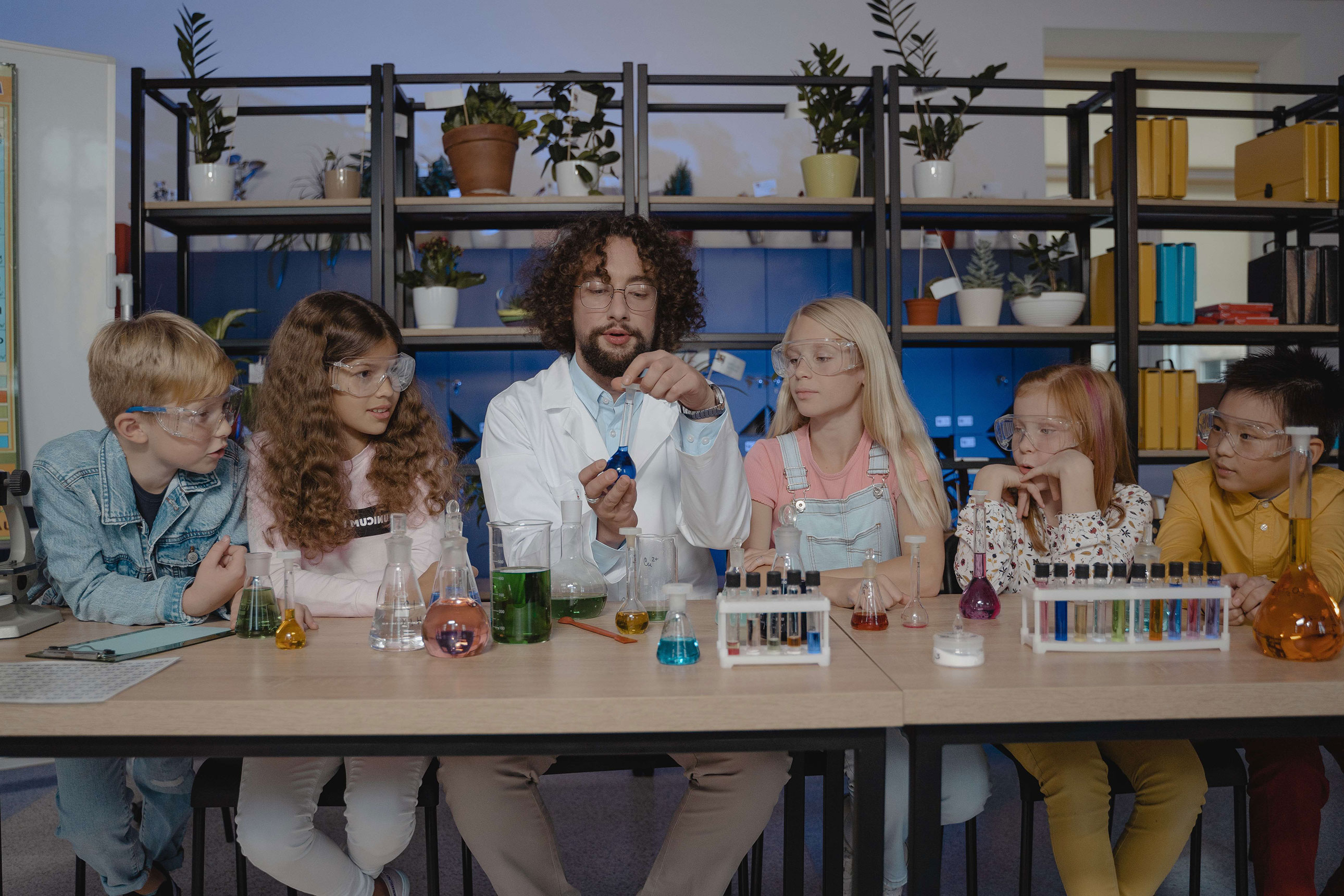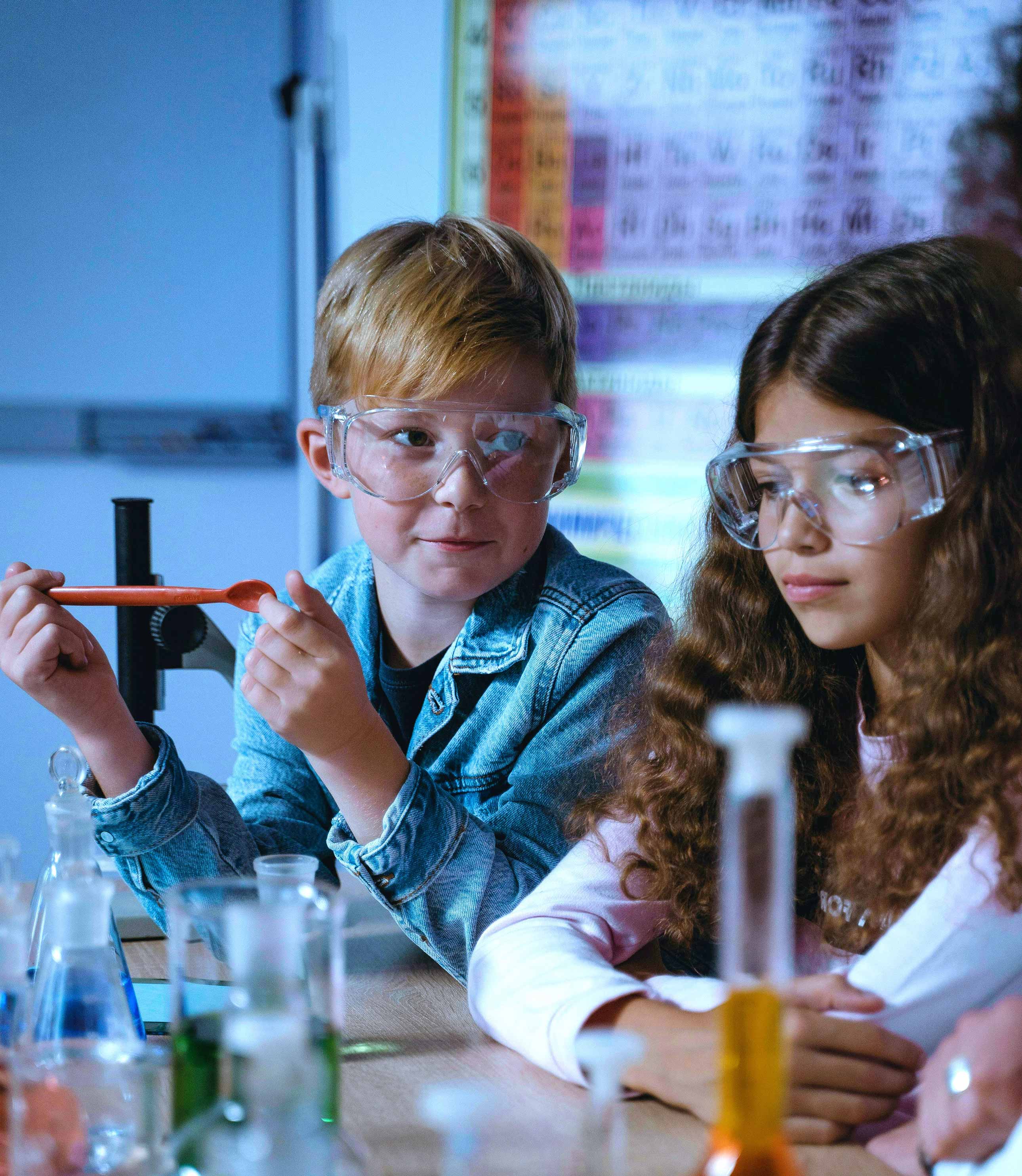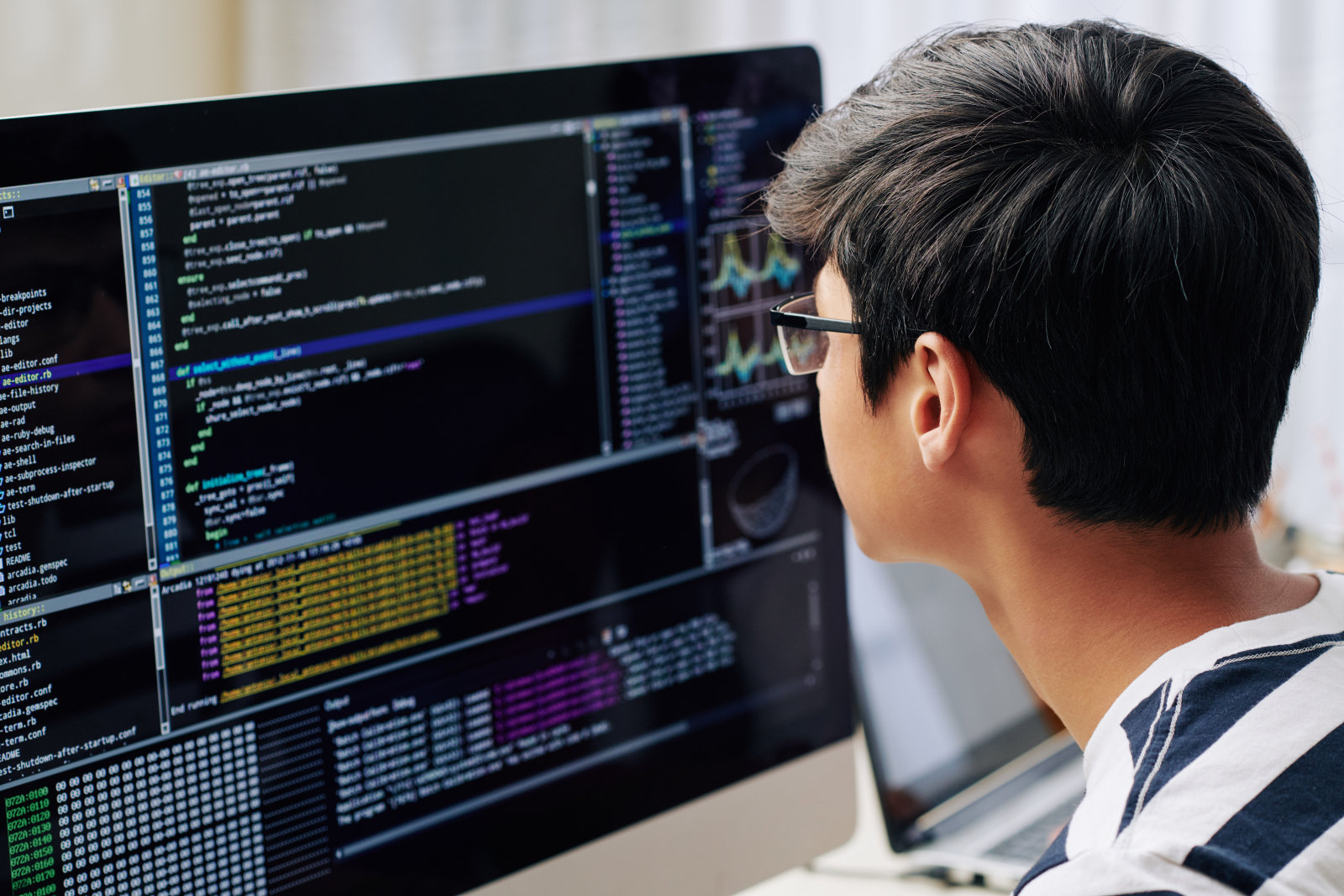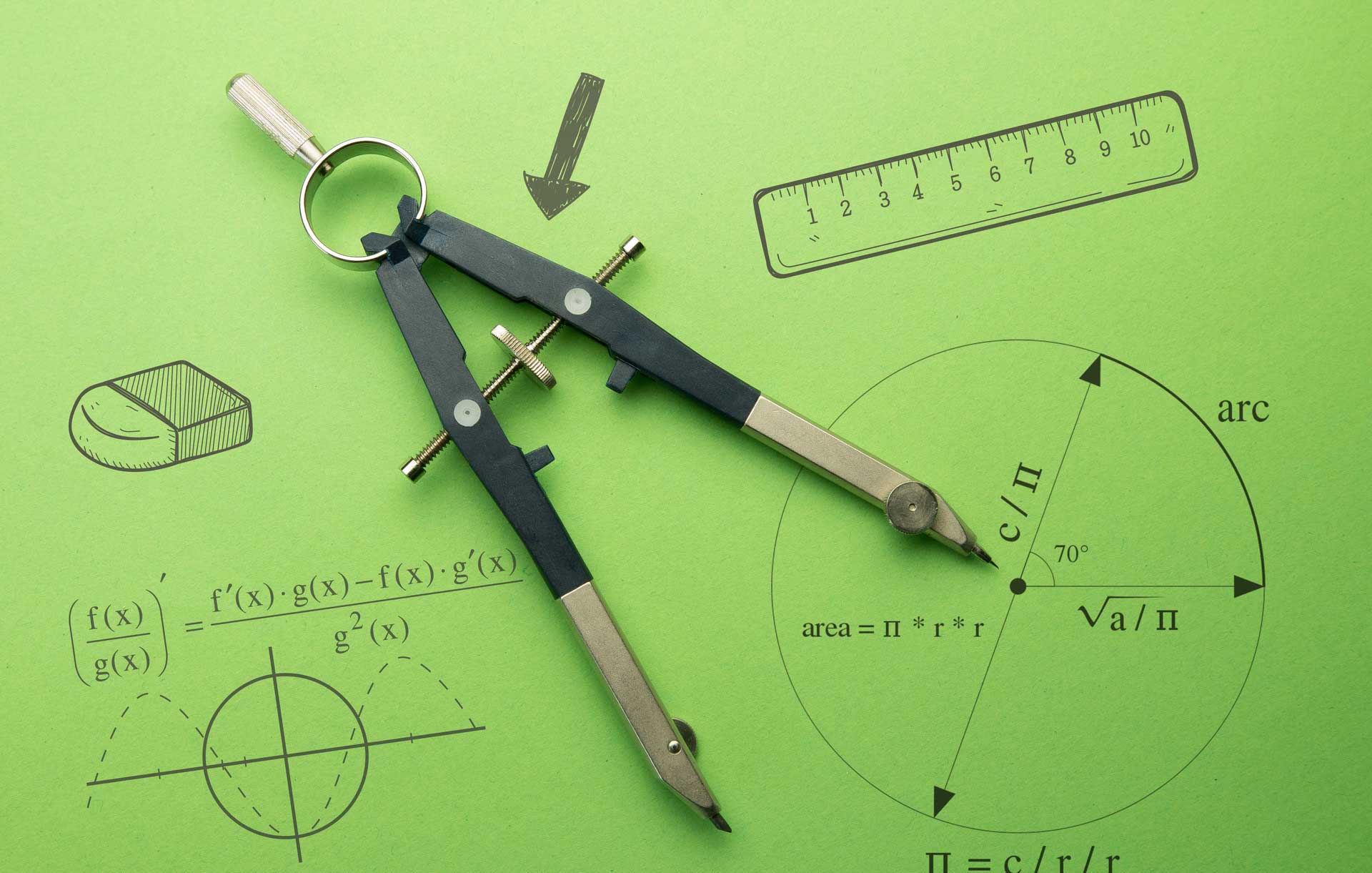Courses
Anatomy, Physiology, & Disease: Core Systems
Introduction to Surgery
Medical School Intensive
Introduction to Laboratory Research
Introduction to Experimental Design in Biology
Social Inequality and the Public's Health
Exploring the Universe with Space Telescopes
Foundational Mathematics of Artificial Intelligence
Big Data and Advertising
Introduction

Johns Hopkins University
Johns Hopkins University (JHU), established in 1876 and located in Baltimore, Maryland, USA, is American first research university. Renowned for its programs in medicine, public health, scientific research, and international relations, it boasts some of the world's top medical and public health schools. Among its distinguished alumni are academician Chen Nengkuan, known for his contributions to the "Two Bombs, One Satellite" project, and academician Shi Yigong, Dean of the School of Life Sciences at Tsinghua University. In the 2025 QS World University Rankings, Johns Hopkins University is ranked 32nd.
In 2025, ASEEDER partnered with Johns Hopkins University to launch the Pre-College Summer Program, covering nine top-ranked courses. Over a two-week academic journey, students will step into the Homewood campus of Johns Hopkins University, engaging in meticulously designed courses, which include not only lectures and seminars but also practical workshops such as biology experiments and surgical experiences. Under the guidance of senior instructors, students will delve into the research areas, earning an official completion certificate and transferable credits.
Why Us
 Certified Official Program
Certified Official Program
This program is officially organized by Johns Hopkins University. Stepping into a college classroom, you'll learn from exceptional instructors designated by JHU. Staying in a Homewood Campus residence hall, you'll have access to an impressive array of campus facilities.This programe provides opportunities to enjoy an authentic college experience.
 Core Credit Courses
Core Credit Courses
Select from a host of programs in medicine, biology, computer science, and astronomy to broaden your knowledge, enhance your college application, and earn academic credit in 2 weeks.
 Intensive Learning Model
Intensive Learning Model
From 9:30 AM to 4:00 PM, you'll attend a full schedule of fast-paced, college-level courses with 4.5 hours of daily instruction. Expect to spend approximately 40 hours toward maximizing your academic growth.
 Bridging Theory and Practice
Bridging Theory and Practice
The typical course module includes instructor-led morning lectures followed by afternoon practical workshops like a fetal pig dissection, amplification of DNA segments by PCR, and space telescope design. It offers an unmatched opportunity to gain practical knowledge and exposure to the latest thinking in a wide range of fields.
 Diverse Student Community
Diverse Student Community
Unwind and build connections with like-minded peers from over 50 countries, fostering your global perspective.
 Connecting on Campus
Connecting on Campus
Every afternoon, you will be invited to various social activities, like practicing yoga, a campus tour, an admissions information session, or learning from current Hopkins students about their collegiate experiences by joining our Student Success Panel. The weekend also provides some very enticing possible excursions.
Course Description
Anatomy, Physiology, & Disease: Core Systems1credit
An understanding of physiology is an invaluable part of any budding physician’s or scientist’s repertoire. This course introduces classical physiology in the human body, and how it functions in both health and disease. This will cover core topics including the nervous,muscular, and cardiopulmonary systems, and physiology and disease. Additionally, students will be working outside the classroom to consolidate and reinforce their new understanding of the subject. Ultimately, knowledge of basic physiology should impact future research and serve as a foundation for all future scientific and biomedical endeavors.
Prerequisite: Background in Biology is strongly recommended
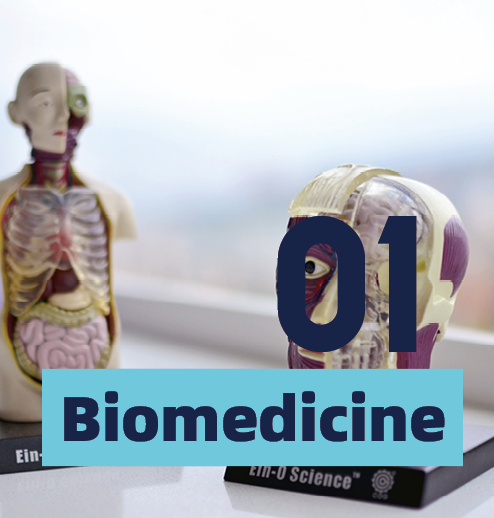
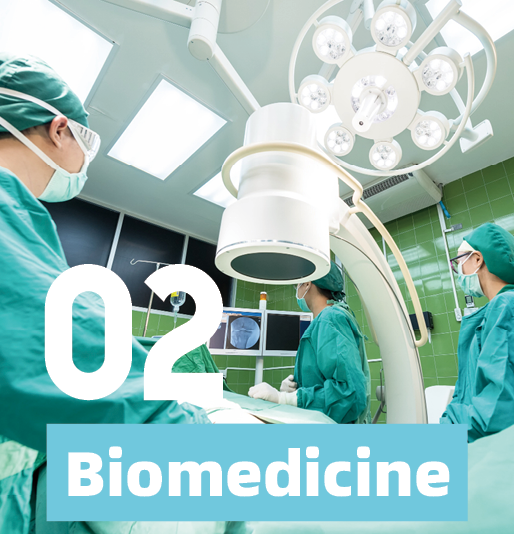
Introduction to Surgery1credit
Gain a broad understanding of surgery, including historical milestones in the field, surgical anatomy, pre- and post- operative patient care, subspecialties within the field, and surgical technology. Complete daily modules, including lecture content and activities, such as a fetal pig dissection, which provide opportunitiesto apply your understanding of course materials. This program is designed to engage your interest in a diverse set of medical careers ranging from surgery and nursing to biomedical engineering.
Prerequisite: Background in Biology is strongly recommended.
Medical School Intensive1credit
Learn the basic knowledge and techniques related to surgery, internal medicine, pediatrics, emergency medicine, and biomedical science by participating in interactive lectures and labs, including a fetal pig dissection. You and your fellow high-school students will explore new aspects of this critical field at one of the nation’s leading institutions as you are taught and guided by experts in the field of medicine.
Prerequisite: Background in Biology is strongly recommended.
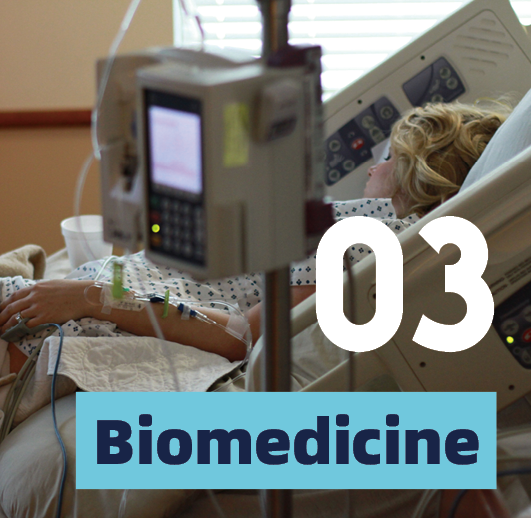
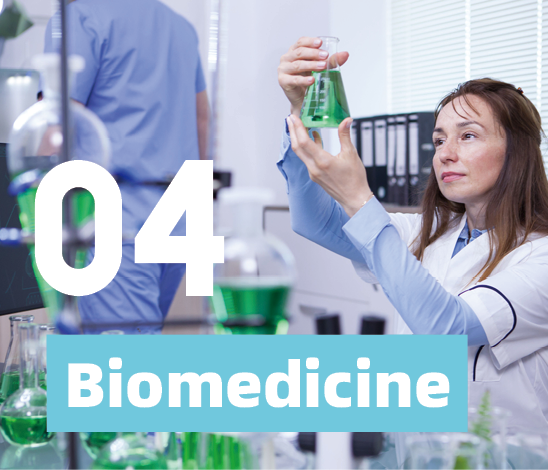
Introduction to Laboratory Research1credit
In this program you will be introduced to a variety of biochemical and molecular biological laboratory techniques. These will include DNA analysis by restriction enzyme mapping, amplification of DNA segments by PCR, and lipid analysis by chromatography. Additionally, you will visit a variety of biological laboratories to observe actual research projects.
Prerequisite: Background in Chemistry and Biology is strongly recommended.
Introduction to Experimental Design in Biology1credit
What does it mean to “design” an experiment? How do scientists go about planning experimental approaches that test specific hypotheses and provide informative results? These are the types of questions that lie at the heart of independent research. For example, scientists might ask: What analytical methods are best suited to answering a specific question? Which samples should be included in the analysis? What types of variables could influence the outcome of the experiments? This course will address such questions by having students design and carry out experiments to test specific hypotheses. Emphasis is placed on planning the experimental approaches and setting up experiments that include appropriate controls. The specific techniques used in the lab will vary but include standard techniques in molecular biology such as gel electrophoresis, PCR, and gene expression.
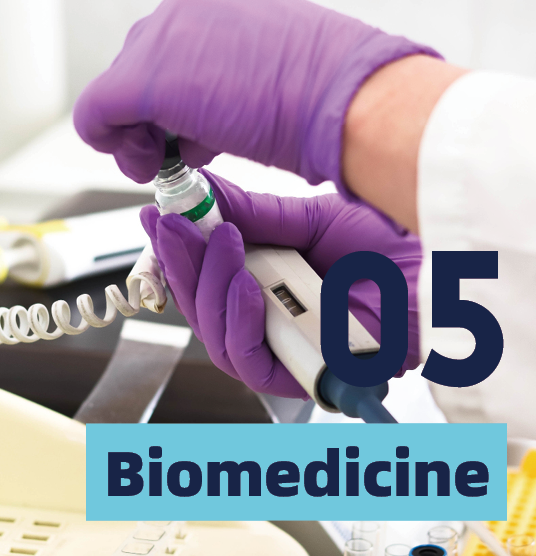

Social Inequality and the Public's Health1credit
In epidemiology, public health scientists use quantitative and analytic tools examine to the distribution of disease across the population and to identify the various factors that shape these patterns. This course will explore how epidemiologic tools can be used to interrogate the social and structural factors that create health disparities in society. Students will learn about key social determinants of health (including class, race, and gender), the various pathways by which social experiences “get under the skin” to impact physiologic disease states, and how epidemiologists investigate these processes through population-based research. Students will leave the course with an understanding of the ways public health professionals and community members alike can use this public health research to develop policies and programs that protect the health of vulnerable groups and reduce inequality.
Exploring the Universe with Space Telescopes1credit
Through a mix of lectures and hands-on activities, you will learn how astronomers study objects in space using different types of light, observatories, and instrumental techniques. You will also hear from active researchers about the big, open questions in astronomy and how we use space telescopes such as Hubble and Webb to answer those questions. Building on this knowledge, you will work with a small group to design your own space telescope and present that design to your peers.
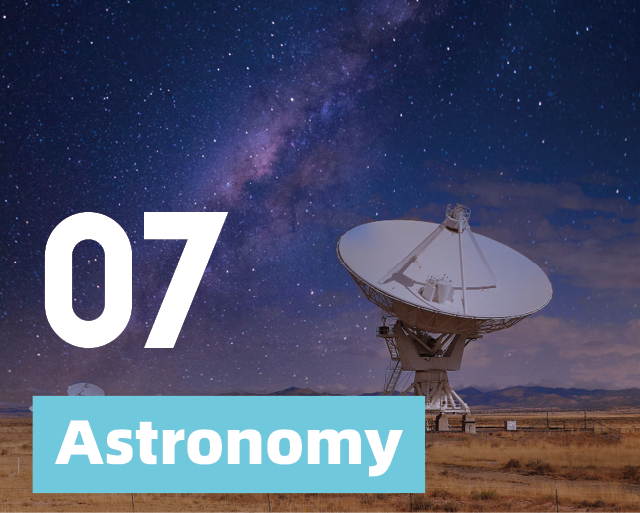
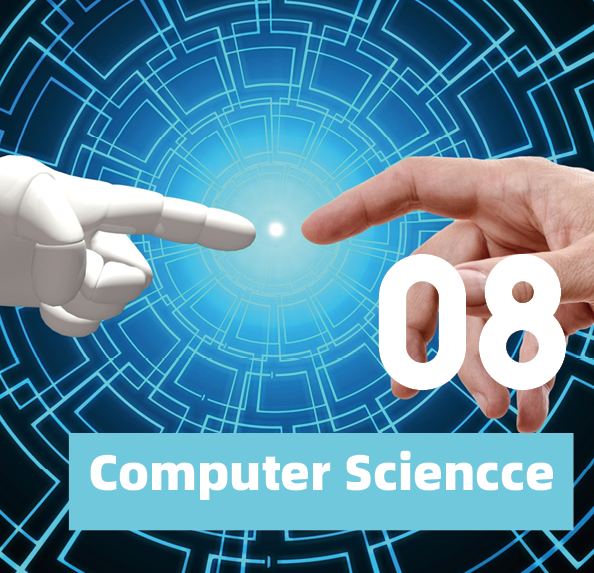
Foundational Mathematics of Artificial Intelligence1credit
As artificial intelligence models like ChatGPT become increasingly capable and part of our everyday life, the need to understand their inner workings intensifies. This course introduces the mathematical and statistical principles behind machine learning and AI technologies. Students will assimilate basic concepts including math models and performance measurement. They will apply software to build machine learning applications that serve as AI building blocks including linear regression, classification trees, neural networks, and reinforcement learning. Participants will be challenged to assess the quality of their analyses to better understand the opportunities for, and the limitations of AI.
Big Data and Advertising1credit
Ever wondered how the ads you see seem to know exactly what you want even before you do? Dive into the world of Big Data and Advertising where technology meets creativity to shape consumer behavior and business strategy. This course offers a deep exploration of how big data is revolutionizing advertising, from personalized ads to predictive analytics. By integrating perspectives from psychology, economics, computer science, and marketing, you’ll gain insights into how data drives decisions in the advertising world. Explore the psychological principles behind consumer behavior, learn how data is collected, and understand the ethical implications of using personal information in advertising. Through hands-on programming in Python, you’ll manipulate large datasets to discover patterns that drive ad campaigns. This interdisciplinary course challenges you to think critically about the intersection of technology, ethics, and business, preparing you to navigate the complexities of data-driven advertising.
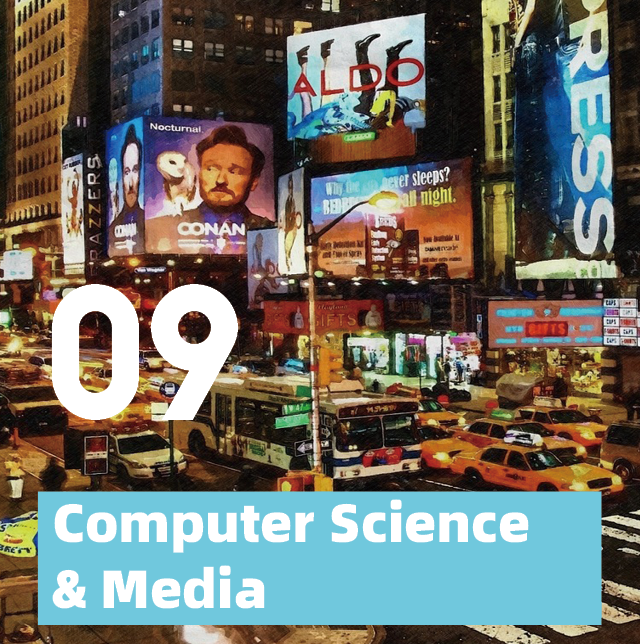
Sample Schedule
*The schedule may vary depending on Johns Hopkins.

| 7 AM - 9 AM | Breakfast time |
| 9:30 AM - 12:30 AM | Classroom lectures, offered by expert instructors and guest lecturers or hands-on activities |
| 12:30 AM - 2:30 PM | Lunch and study break |
| 2:30 PM - 4 PM | Classroom lectures or field trips (accompanied by your Teaching Assistant, Residential Coordinator, or Instructor) |
| 4 PM - 6 PM | Extracurricula activities: choose from baking, shopping, museums, sports, and more |
| 6 PM - 8 PM | Dinner time |
| 8 PM - 10 PM | Study or enjoy activities of your choice |
| 10 PM | Residence Hall Sign-in and sleep |
Application
■ Date:
20th July - 31st July, 2025 (12 days)
■ Location:
Baltimore, US
■ Grade:
9-12
■ Requirement:Meet any of the following criteria
- IELTS 7.0 / TOEFL 100/ Duolingo 120
- Transcripts with proof of at least 2 years of education in English speaking school be within the past 3 academic years
■ Fees:
Includes:
- Application fees, tuition, accommodation, campus dining fees, activities fees; ASEEDER group leader service fee; local transportation fee between airport and JHU; international insurance.
Excludes:
- International transportation costs (departure and arrival from a specific city), you can use a third-party service or ASEEDER's unied service(please confirm with the responsible teacher at ASEEDER before purchasing tickets)
- visa fee and visa service fee (ASEEDER's VIP visa service promises that if the visa is refused for reasons other than the client's own, the visa service fee will be fully refunded or the client will have the right to a second visa application free of service fee, and the program fee will also be fully refunded).
- SEVIS fee : According to the requirements of Johns Hopkins University, this program requires an F-1 visa. When applying for an F-1 visa, in addition to the visa fee charged by the consulate,Students who choose ASEEDER Visa Services can confirm with consultant after initiating the visa application process whether they would like to pay the SEVIS fee themselves or have it paid on their behalf by ASEEDER. In the event of a visa rejection, the SEVIS fee is non-refundable.
